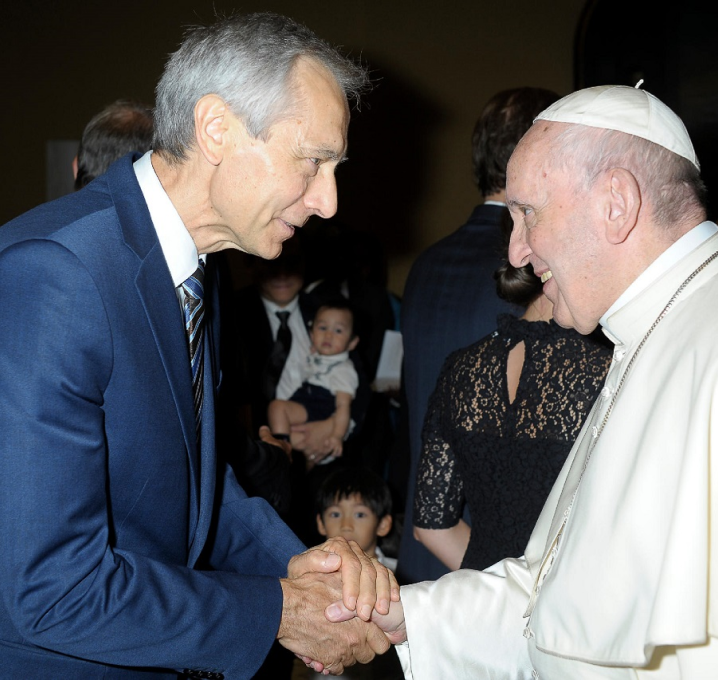Tag: pope francis
-
The Quiet Pursuit of Truth: Jan Figel’s Mission for Religious Freedom
Portrait in Faith – Jan Figel has the demeanor of someone who is neither in a hurry nor easily rattled. He carries with him the quiet assurance of someone who has spent decades working through intricate negotiations, shaping delicate frameworks, and quietly, but firmly, standing up for those whose voices have been silenced. As the European
-
We seek answers in dialogue and we find them
The president of the Juncker Commission entrusts the Slovakian politician with the promotion and safeguarding of believers beyond the frontiers of the European Community. Respect for religions, he states, is the “primary condition for a more humane world in the XXIst century Jan Figel with pope Francis “The freedom of religion and belief is a


